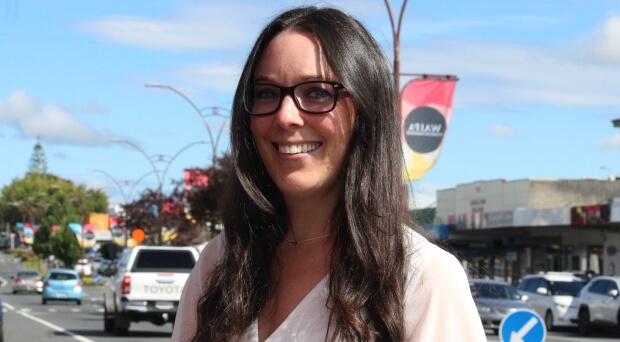
Janine Krippner
If disaster struck, what would you take with you?
As part of my preparation to go to the Canary Islands in a few months to work in an area that was decimated by lava flows in late 2021, I am sitting here watching interviews of those who were there. People received very little notice before they had to pack what they could and leave their homes and neighbourhood behind. Some lost their homes quickly; others had an agonising wait to see if the lava flows would claim theirs too.
The lava flows in La Palma average 12 metres thick, reaching 70 metres in the centre. The hottest measured lava temperature during the eruption was 1140 degrees, it will take years to cool. Over 1300 homes gone, plus around 1500 other buildings and almost 1000 hectares of plantations and farmland. Around 8000 people were evacuated. Residents speak of how unsettling the roar of the volcano was over the 85-day-long eruption.
Over the years I have heard people describe what it is like having just moments to evacuate, looking around their home trying to decide what to take. What is most important? What does that even mean when you are in the middle of something you never thought would happen to you? Some have described how everything looks meaningless when placed in this stressful situation, we do not think the same during a crisis. Can you remember a stressful situation when so many things were demanding your attention that you couldn’t really focus on any of it?
I pack for travel a lot. On my phone is a checklist of things to put in my bag so that I don’t forget anything, perhaps this is something we could all do for emergency situations too. As we have seen, we do have extreme weather events in New Zealand, we do have flooding, we do have significant earthquakes, and we do have fires. All that fun stuff that we don’t want to think about when it’s not impending… What should you have on your list? Old photographs (before everything was on our phones), important documents like birth certificates, medications for your family – pets included, sentimental things that have been passed down to you, mementos that you wouldn’t want to lose?
We often describe how devastating an event is by the death toll, but there is much more lost than human life. We only have to look at Cyclone Gabrielle footage, where within many homes the total damage is heart-breaking, as well as in businesses and farms. If the time comes, you deserve to have with you the physical things most special to you. Get out your phone or paper and write down those things, put it somewhere you can easily grab if you are ever in a situation where you need to pack and run.
There are small things we can do that can make a world of difference across a range of scenarios. I hope that you never experience any of them, but if you do, I hope that learning from the experiences of others can help you through.
More information on this topic is available at getready.govt.nz.








